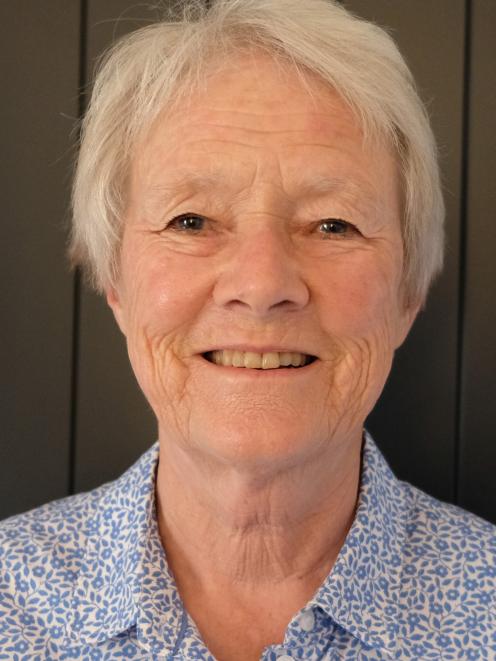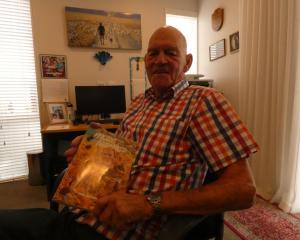
Dr Barratt, an AgResearch scientist at its Invermay campus, was recently named a Fellow of Royal Society Te Aparangi, which recognises distinction in research, scholarship or the advancement of knowledge at the highest international standards.
In a citation, the society said Dr Barratt pioneered internationally relevant research into the biosafety of introduced biocontrol agents for insect pests, which was now being widely applied domestically and internationally.
"A key example of impact is Barratt’s contribution to the identification and biosafety assessment of a parasitoid wasp for the biocontrol of clover root weevil.
"Through her vision and determination, Barratt has become a leader in the field, both in New Zealand and internationally."
Originally from the United Kingdom, Dr Barratt was born in the southeast of England and attended Durham University where she completed a degree in zoology and a Phd in entomology.
She recalled her father as being a strong influence on her becoming interested in science — and also the teacher who took the class on nature walks.
"I just loved it," she said, recalling how they would collect "things" and bring them back to the classroom where they would then watch the "creepy crawlies".
"I just knew then I needed to be involved in natural history ... and particularly insects. I was just fascinated," she said.
Her degree was a very traditional, general degree and, when she went on to do a PhD, she looked at insect behaviour.
She arrived in New Zealand in the late 1970s as a National Research Advisory Council post-doctoral research fellow, based at Invermay (which was then the Ministry of Agriculture and Fisheries), and later joined the staff.
Initially, Dr Barratt had to get her head around agriculture in New Zealand and inspect the problems and it was "all new" to her. She was "blown away" that so many insects had not been discovered.
She became a scientist and worked through the ranks to senior scientist and then on to principal scientist.
She also worked extensively in native grassland ecosystems, resulting in an understanding of the impacts of fire and agricultural development.
Her work changed over the years from initially controlling pests with pesticides or other management methods into biological control. Insect pests could cause considerable losses in pastoral production.
She became particularly interested in the safety aspects of biological control and whether it was safe to bring biological agents in from overseas.
Most of her work since then had been working on the impacts of biocontrol agents and helping the EPA make better decisions about the safety of agents.
Over the last 10-15 years, she had been quite closely associated with colleagues at the University of Otago, where she was an honorary professor.
She worked with post-graduate students, mainly in the botany department and also with some zoology students.
She enjoyed working with students, particularly post-graduates, as they were enthusiastic and challenged her. She also enjoyed the association with staff.
Something that had been very influential in her career was being elected to the International Organisation for Biological Control.
She finished last year after a 12-year involvement with the global organisation, which included four-year terms as both vice-president and president.
There was much travel overseas to meetings and a lot of opportunities as a result of her involvement which had been "hugely beneficial" to her career.
It had widened her horizons and she was able to bring some of those experiences back to New Zealand. There was also the networking aspect as well.
It was satisfying knowing that the organisation was being kept active and engaged, she said.
Dr Barratt initially thought she would probably only stay in New Zealand for three years but she found herself "just so happy" here that she quickly realised she did not want to go back to the UK.
"It’s such a wonderful place to live and work," she said.
She continued to get enjoyment from her work and she felt honoured, flattered and humbled about the society’s recognition of her.















